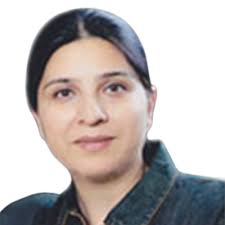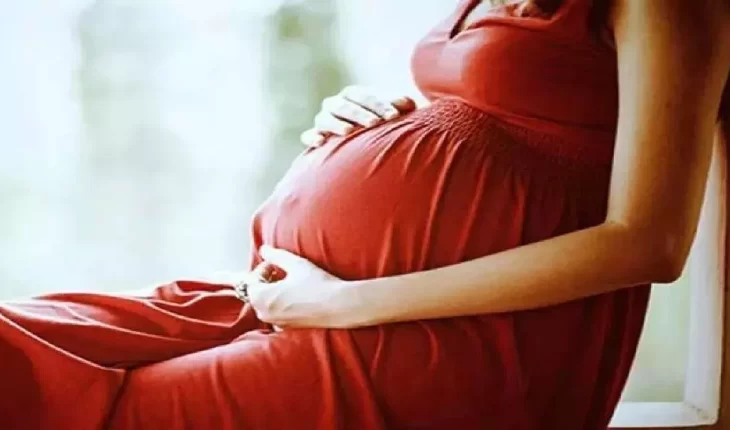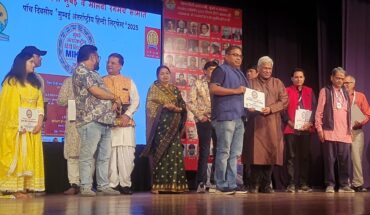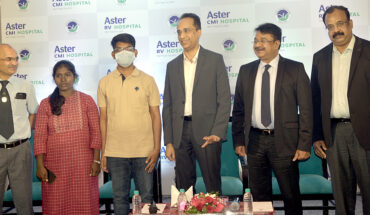New Delhi : A study by AIIMS New Delhi has revealed that the ovarian reserve of Indian women starts declining between the ages of 31 and 34, which affects their ability to conceive. The study by senior Dr Neena Malhotra of AIIMS Gynecology department said that women willing to become mother should be counseled to plan pregnancy before the age of 31 to 34 years, since the ability to become a mother starts decreasing from after age of 31-34 years, which came to light in a study conducted by AIIMS on 3240 women, which determined the cutoff age for decreased ovarian reserve. This study of AIIMS has been published in the International Medical Journal recently. Study conducted by the Department of Gynecology of AIIMS also revealed that the ovarian reserve (good quality eggs) starts decreasing in Indian women from the age of 31 to 34 years.

Dr. Neena Malhotra, Head of the Department of Gynecology, Delhi AIIMS said that the trend of getting married by females at late stage is fast increasing at present usually due to secure their future and to get a job, as such the problem of infertility among females is fast increasing. Women come for IVF even at the age of 38 to 40 years. In view of this, this study was conducted to find out the cutoff age for low ovarian reserve in Indian women which revealed, the problem of infertility is increasing due to late marriage, in view of this, this study was conducted to find out the cutoff age for low ovarian reserve in Indian women, however women come for IVF even at the age of 38 to 40 years and even after this. Surprisingly, in the recent past couple of years, a woman of age around 68-69 in a Haryana village became pregnant and gave birth to a healthy child.
Earlier, the cutoff age for decreasing ovarian reserve was not determined in Indian women. Through this study, for the first time, the cutoff age for decreasing ovarian reserve has been determined in women suffering from infertility and healthy fertile women.
This study was conducted on 3240 women, including 1902 women suffering from infertility. Apart from this, 1338 women were included who did not have the problem of infertility and had at least one pregnancy. All the women in this study were tested for antral follicle count (AFC) and anti-mullerian hormone (AMH) by taking their blood samples for testing ovarian reserve, which revealed the average AMH in women suffering from infertility was 3.4 nanograms per deciliter and AMS in fertile women was 4.37 nanograms per deciliter. The number of AFC in women suffering from infertility was found 12 and the number of AFC in fertile women was 15. Dr Neena Malhotra said that a decrease in ovarian reserve does not mean that women cannot become mothers after the age of 31 to 34 years, but the ability decreases. “Better, have pregnancy developed at an early age, avoid delaying for a safe side,” she added.






